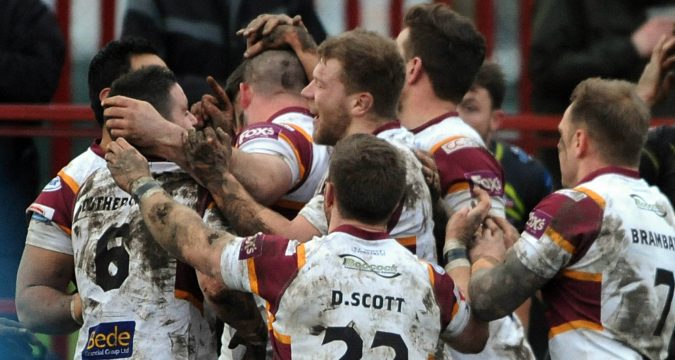 Bradford's unthinkable omission from the Qualifiers has been a hot talking point this week, with many still questioning how a full-time club in a predominantly part-time division could miss out on a spot in the top four.
However, it isn't just the Bulls that have felt the true force of the Championship's top part-time outfits since the
Bradford's unthinkable omission from the Qualifiers has been a hot talking point this week, with many still questioning how a full-time club in a predominantly part-time division could miss out on a spot in the top four.
However, it isn't just the Bulls that have felt the true force of the Championship's top part-time outfits since the Has the Championship changed perceptions about part-time sport?
 Bradford's unthinkable omission from the Qualifiers has been a hot talking point this week, with many still questioning how a full-time club in a predominantly part-time division could miss out on a spot in the top four.
However, it isn't just the Bulls that have felt the true force of the Championship's top part-time outfits since the
Bradford's unthinkable omission from the Qualifiers has been a hot talking point this week, with many still questioning how a full-time club in a predominantly part-time division could miss out on a spot in the top four.
However, it isn't just the Bulls that have felt the true force of the Championship's top part-time outfits since the 